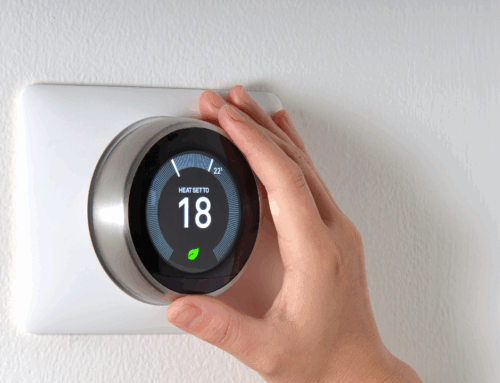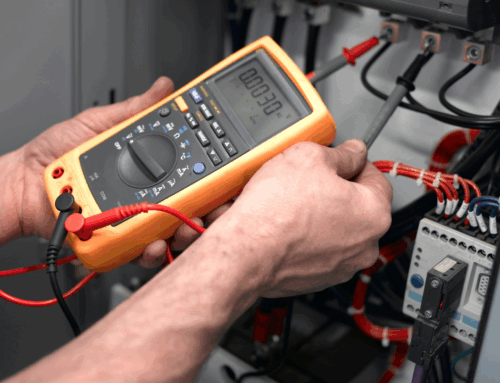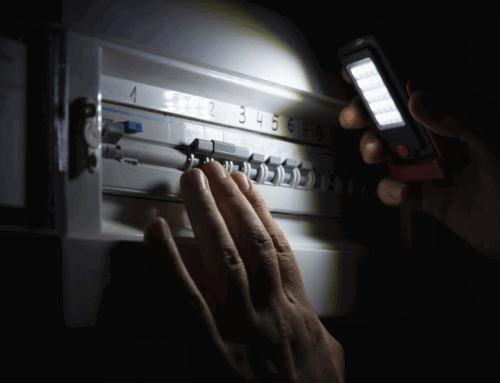Electrical surges can cause significant damage to equipment, leading to costly repairs and business downtime. Whether caused by lightning, faulty wiring, or sudden power fluctuations, these surges pose a risk to commercial and industrial operations. Protecting electrical equipment is essential to maintaining efficiency and preventing unexpected failures. Here’s how businesses can safeguard their systems effectively.
Understanding Electrical Surges
An electrical surge is a sudden spike in voltage that exceeds the standard flow of electricity. Most commercial buildings operate at a stable voltage, but surges can briefly increase this level, damaging sensitive equipment. Surges typically fall into two categories:
- Internal Surges: These occur within a building due to high-powered devices switching on or off, such as air conditioning units, lifts, or industrial machinery.
- External Surges: These are caused by external factors like lightning strikes, power grid failures, or issues from the local utility provider.
Both types of surges can impact electrical systems, leading to short circuits, overheating, or even complete system failure.
Ways to Protect Electrical Equipment
1. Install Surge Protectors
One of the most effective ways to prevent damage from electrical surges is to use surge protectors. These devices regulate the voltage supplied to connected equipment, blocking excess power and redirecting it safely. Businesses should invest in high-quality surge protectors for critical systems like servers, computers, and security systems.
2. Use Uninterruptible Power Supplies (UPS)
A UPS acts as a buffer between electrical equipment and the main power source. In the event of a surge or power outage, a UPS provides temporary power, allowing businesses to safely shut down equipment. This is particularly useful for industries relying on continuous operations, such as healthcare, data centres, and manufacturing.
3. Ensure Proper Grounding
Proper electrical grounding is essential for preventing surges. Grounding ensures excess electrical energy is safely directed away from sensitive equipment. Businesses should regularly inspect their grounding systems and upgrade them if necessary to comply with safety standards.
4. Install a Whole-Building Surge Protection System
For large commercial properties, individual surge protectors may not be sufficient. A whole-building surge protection system provides an added layer of security by stopping surges before they reach the internal wiring. These systems are installed at the main electrical panel and help protect all connected devices.
5. Maintain and Upgrade Electrical Systems
Old or faulty wiring increases the risk of electrical surges. Businesses should schedule regular inspections with a qualified electrician to identify and resolve potential issues. Upgrading outdated electrical panels and replacing damaged components can improve surge protection and overall electrical efficiency.
6. Protect Against Lightning Strikes
Lightning-induced surges can be devastating to electrical systems. Installing lightning arrestors and ensuring the building has a proper lightning protection system can significantly reduce the risk. These devices divert lightning strikes away from electrical circuits, preventing widespread damage.
7. Avoid Overloading Circuits
Plugging too many high-powered devices into a single circuit can cause power fluctuations and increase the risk of surges. Businesses should distribute electrical loads evenly and use dedicated circuits for heavy machinery to prevent sudden voltage spikes.
Electrical surges can cause expensive damage and disrupt business operations. By implementing protective measures such as surge protectors, UPS systems, proper grounding, and regular maintenance, businesses can reduce the risk of equipment failure. Investing in surge protection not only safeguards critical electrical systems but also ensures long-term efficiency and reliability.
For businesses unsure about their electrical protection measures, consulting a professional electrician can help assess risks and recommend tailored solutions. Proactive prevention is the best way to avoid costly disruptions and keep operations running smoothly. Contact us for more information.







Leave A Comment